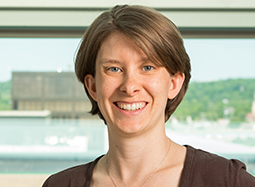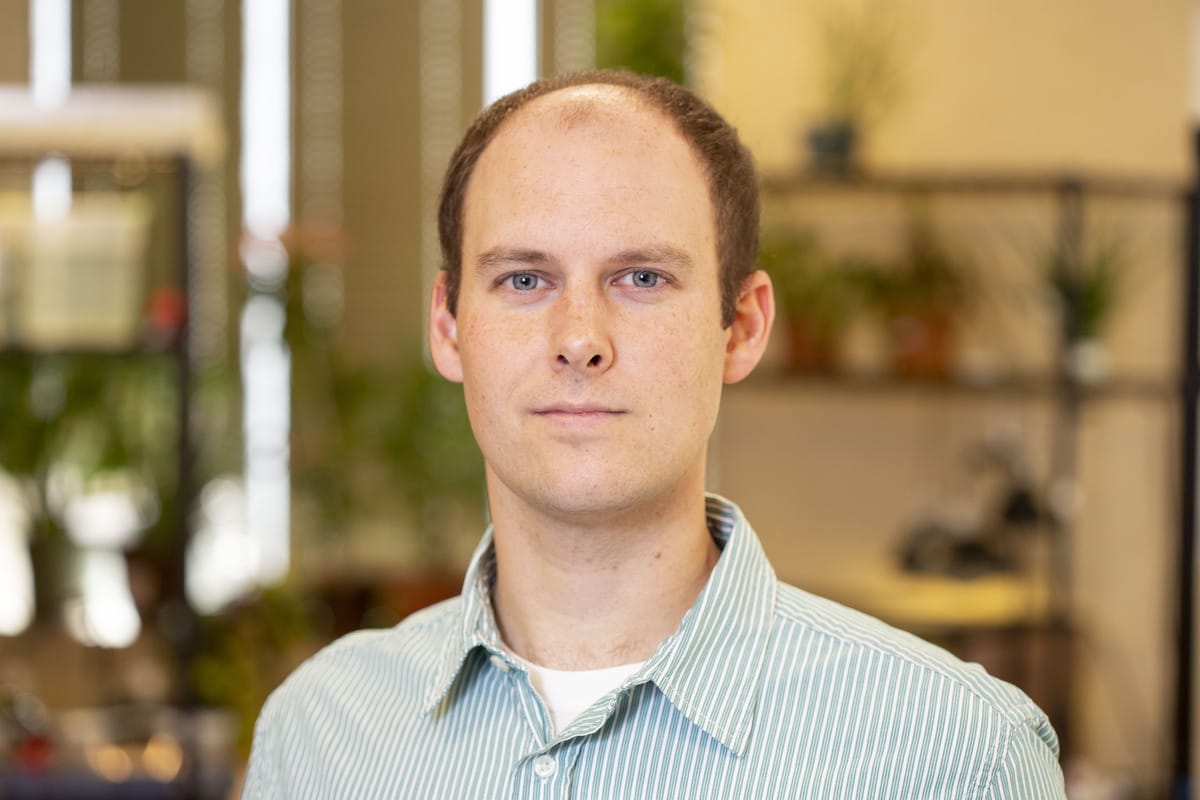 History is filled with remarkable women. Over the past month, Inquiry insider has endeavored to share stories of women who have made a real difference to culture as well as the fields of STEM. March is Women’s History Month after all, and it’s an opportunity to show students how incredible women have changed our world for the better! At the same time, we should never overlook the amazing women who are currently making a difference in the present. Women who serve as a great example for young learners and who are using their knowledge to promote positive change.
History is filled with remarkable women. Over the past month, Inquiry insider has endeavored to share stories of women who have made a real difference to culture as well as the fields of STEM. March is Women’s History Month after all, and it’s an opportunity to show students how incredible women have changed our world for the better! At the same time, we should never overlook the amazing women who are currently making a difference in the present. Women who serve as a great example for young learners and who are using their knowledge to promote positive change.
So, in honor of Women’s History Month and to better highlight the contributions of women in STEM, Inquiry Insider sat down with Mary Winn, a senior scientist at the Van Andel Institute:
Please briefly summarize your work as a scientist with VAI.
I started working at VAI as a bioinformatics postdoctoral fellow where I combined my scientific expertise in biomedical science with concepts in math and computer science to understand cancer. I later applied these skills to a broader set of scientific questions as a bioinformatics scientist in the VAI Bioinformatics and Biostatistics Core. Today I combine my background in biomedical science and bioinformatics with my desire to support research even more broadly as the Program Manager for the VAI Core Technologies and Services program. Core facilities ensure researchers have access to the technology and expertise they need to answer their scientific questions. As the Program Manager, I ensure our Cores have the resources they need to support researchers at VAI and beyond.
What first sparked your curiosity in science?
My curiosity in science was sparked in middle school and high school where I was exposed to the complexities of living organisms from dissecting a worm and cow eye to designing our own behavioral experiments.
Were there any mentors or historical figures who helped inspire your love for science?
My first inspiration was my high school biology teacher. She challenged us to not only deeply understand biology but to ask our own questions.
What do you enjoy most about your work as a scientist?
I most enjoy teaching and supporting others to be scientists, particularly young scientists that don’t see themselves represented in science.
What advice do you have for female students who want to pursue careers in STEM?
If you love any aspect of science, technology, engineering, and math, don’t give up or let others tell you to pursue other endeavors. STEM is for everyone – including you! You will inevitably run into hurdles along the way, primarily because science is hard, but also, unfortunately, because of bias and discrimination. In those moments when science is hard because of bias and discrimination, know there are those of us that support you and know you belong.
What advice would you give teachers to help encourage their female students to pursue STEM careers?
Keep doing what you are doing and share your love for STEM with every student! But also take a moment to reflect on your own implicit biases. An astute observation I once heard from a male researcher was a reflection on the types of questions asked of women versus men after a scientific talk. He noticed that women were more often asked about the specific details of their experimental designs and methods, while men we more often asked about the bigger picture or the next step. In other words, women often have to prove their skill, ability, and knowledge, while men are assumed to have the skill, ability, and knowledge. Don’t make your female students prove they belong. Automatically assume they do and help them take the next step.
Looking for more resources to celebrate women in STEM with your students? Check out these four awesome, free ideas to help you teach about women’s history in a way that’s memorable, meaningful, and FUN!
